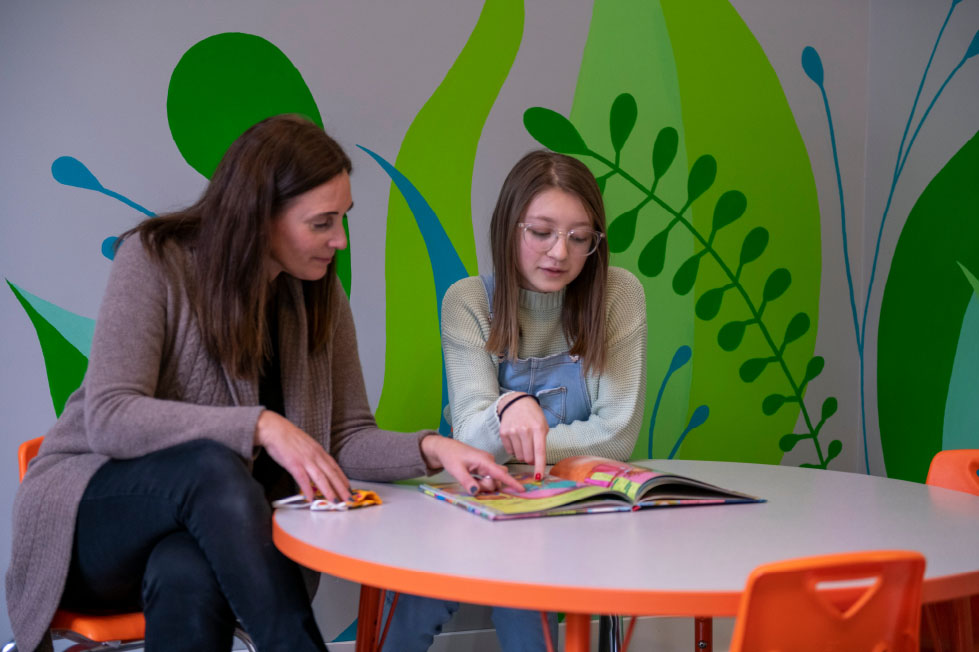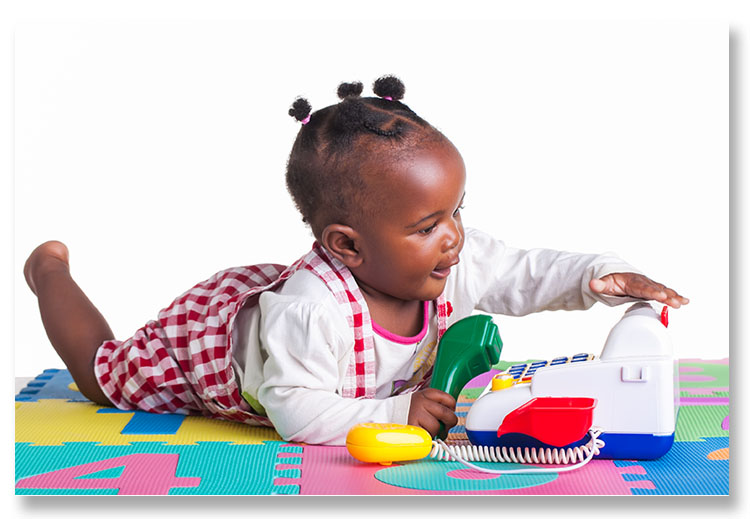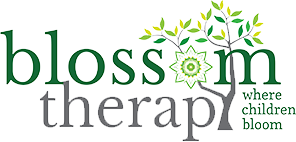Pediatric Speech Therapy
Many people naturally assume helping a child use more words is a key focus of what pediatric speech-language pathologists set out to accomplish with ongoing therapy, but they also do so much more than just that!
There are many skills that need to be achieved prior to acquiring speech! In Pediatric Speech Therapy, Pediatric speech-language pathologists address the functional language, receptive language, auditory processing, articulation, gesture use, reciprocal interactions, oral motor skills, and feeding challenges.
Pediatric speech-language pathologists collaborate with families to achieve goals. Treatment strategies are unique to each child’s strength and needs. Goals are typically addressed through play opportunities.
Pediatric Speech Therapy Focuses on Functional language
Functional language to develop conversations requires a lot of multitasking. Just knowing where your tongue is in relation to your mouth and how to isolate very specific movements to elicit a sound/word is a rather amazing feat for young children. Conversations are an open ended circle of accessing words, processing auditory information, and responding using words, while simultaneously reading gestures, intonation and facial effect. At times, children may have an expansive vocabulary, but the words are used more so to label items versus engage. Sometimes, we see children who can say ABCs, count, identify shapes, and label colors, but don’t have the ability to say “mama” or request food if hungry. The quality of words children possess in his/her expressive vocabulary matters.
Receptive language
Receptive language means understanding of information; for example, a child understands what an apple or dog is. Receptive language is a needed precursor to make gains in expressive vocabulary. Books are a wonderful way to gain receptive language skills. Children frequently enjoy looking through books while parents and caregivers identify different items within. Labeling items and narrating daily routines also assists with gaining an understanding of important words.
Auditory processing
Auditory processing is different than receptive language. It considers whether a child ‘has listening ears on’. It cues children to what information to prioritize and what to filter out. For example, if a clock is ticking, you begin to filter it out to focus on more important sounds and words. Calling the child’s name should be a high priority, even if the child is focused in play or movement. At times, children need help in figuring out what information to prioritize.


Articulation
Articulation is a child’s ability to create the sounds others will understand as words. Sometimes, children use words, but cannot be understood. If children struggle with articulation, it can be frustrating! The child needs to practice ways to have more precise movements in order to execute the desired sounds. Addressing this takes practice, cueing, and repetition of sounds using the correct tongue and lip patterns.
Gestures
Gesture use is a nonverbal form of communication what supports understanding and interactions. Examples of gestures include waving, clapping and pointing. At times, children struggle to use gesture and/or understand a gesture (i.e., looking toward what is being pointed at).
Reciprocal interaction
Reciprocal interaction refers to back and forth interactions, which are needed to support conversations. Foundations of reciprocal interactions include visual gaze, processing auditory information and sustaining back and forth engagement.
Oral motor skills
Oral motor skills may be slow to develop in some children. Common challenges include difficulty accessing a desired motor plan to execute and imitate a sound or word. Other children have reduced oral strength or awareness, which impacts acquiring language. Speech language pathologists are trained to address these needs.
Selective eating
Selective eating is not uncommon for children. A child may go through periods of being selective and is finding increased autonomy in food choices. Other times, food intake can be limited by challenges navigating food in the mouth or significant tactile sensitivities. A speech language pathologist can address these specific challenges.

Pediatric Speech-Language Pathologists
Pediatric Speech-Language Pathologists must have a master degree specializing in communication disorders. They then require close mentorship to become fully credentialed therapists. All of Blossom Therapy’s speech-language pathologists have specialized in pediatrics and are also Early Intervention specialists. Being a CCC-SLP involves years of schooling, internships, and licensure.
Please don’t hesitate to reach out to Blossom Therapy for more information regarding speech therapy services.
Pediatric Speech Therapy at Blossom Therapy Clinic
At our new clinic facility, we’re able to offer support and guidance for sensory processing challenges, fine motor delays, and self-help deficits. We have a large sensory room filled with many enriching and organizing pieces of equipment and activities. Blossom Therapy’s clinic also has smaller spaces for those who benefit from a calm environment to focus and concentrate. Click here to learn more about our facility.
Do you have questions, or wonder if your child would benefit from Blossom Therapy’s Pediatric Occupational Therapy or Speech Therapy ? Visit our Contact Us page to submit a request and we will respond to inquiries within a few days.
